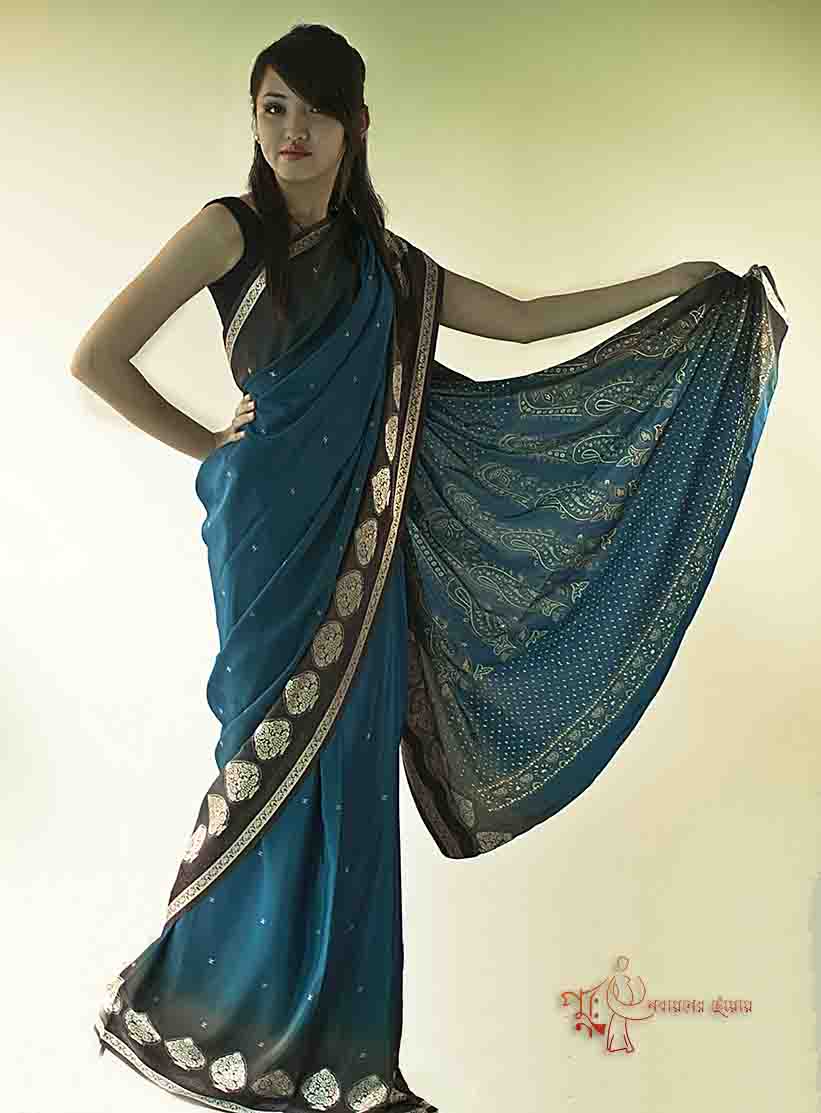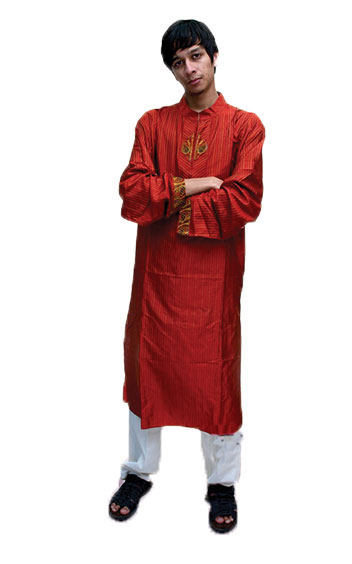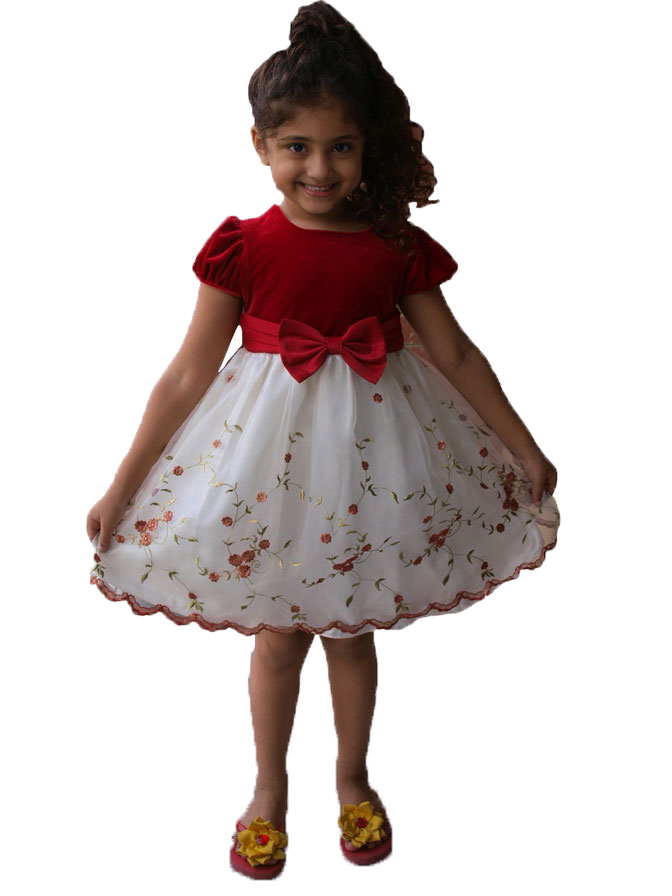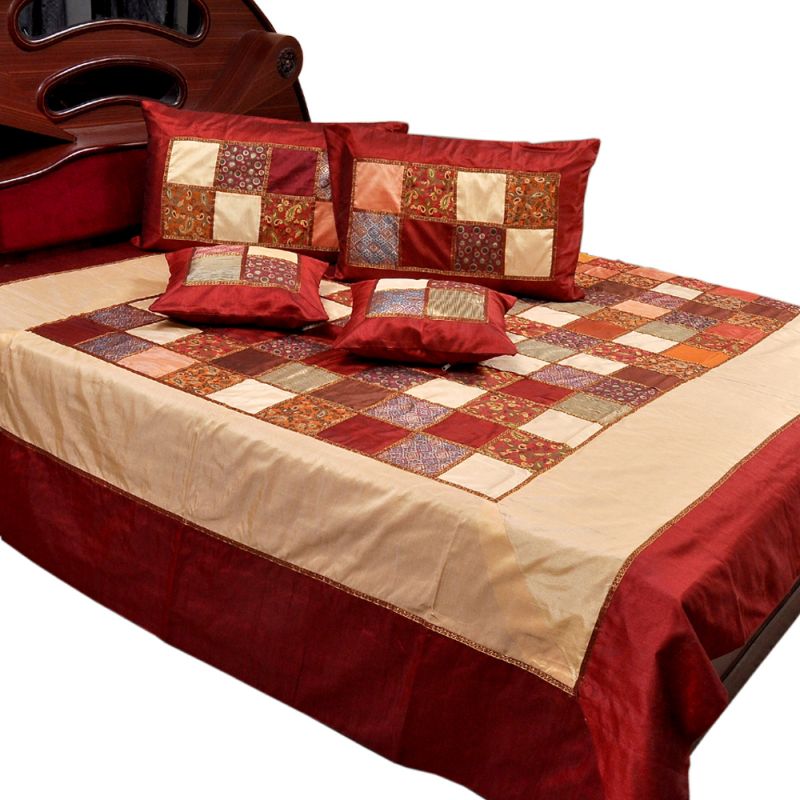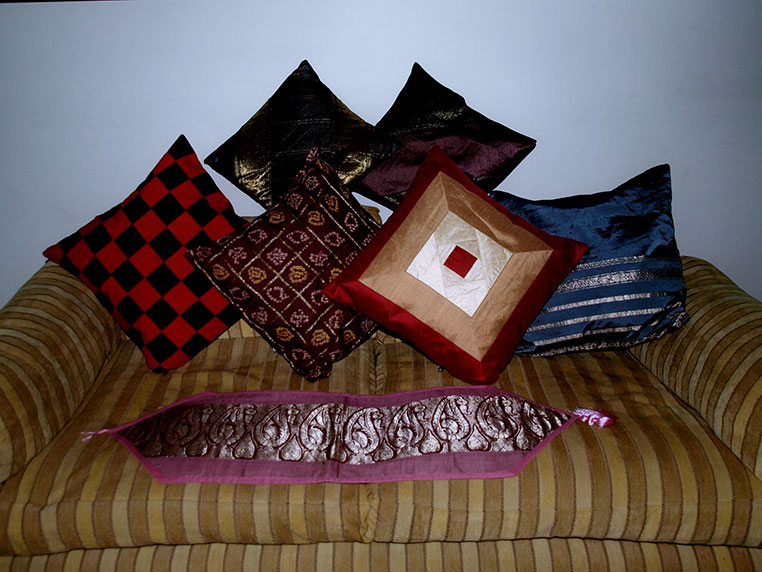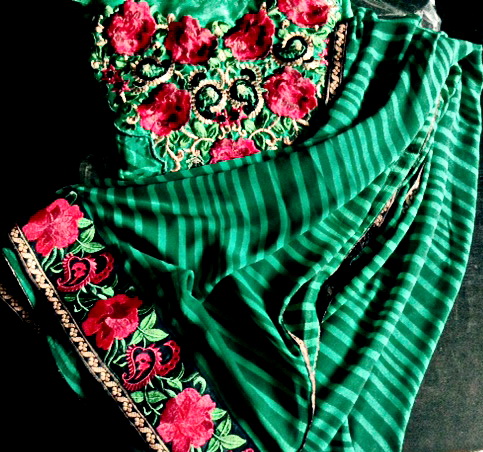Punoh is a social business enterprise based in Dhaka, Bangladesh but with a growing group of supporters around the world. It aims to release funds from rarely used and unused high quality fashion items and use these for social projects that will benefit the poor and underprivileged in Bangladesh.
Punoh’s own story
When our CEO Syeda Gulru Hasan first came up with the concept of Punoh, she had an ambitious – but achievable – mission: to help the poor and underprivileged in Bangladesh, particularly women. She wanted to create something that was sustainable, something optimistic and future-facing. She didn’t just want to start another charity, reliant on fickle donors. She wanted to create something that helped people move away from a culture of handouts and reliance on others, and she wanted to help create a better and brighter society to which every member can contribute and gain. So the obvious route was to set up a social business.

Picture:
Punoh CEO Syeda Gulru Hasan (wearing a Punoh sari).
Positivity and togetherness were central to Gulru’s vision. Her aim was to build a business that would benefit all levels of society, rich and poor. And so Punoh came to be.
The poorest levels of society benefit from Punoh’s profits. We believe in the old saying ‘Buy a man a fish and feed him for a day; teach him how to fish and feed him for life!’, so we are keen to use our profits on supporting employment/income generation or education. Each of our beneficiaries has a story to tell, and some of these are below (names may be changed for reasons of privacy).
Those who’ve managed to get some education but haven’t had good opportunities for employment benefit by working for us (at current rates), either as staff or on a contract basis. The experience they gain while working with us can help develop their future careers – for instance they may increase their computer or marketing skills.
We have also started a ‘Punomee’ scheme as an income generating project for women. Through the scheme disadvantaged women sell items from Punoh through their own contacts; they then receive commission for every sale that they make.
Aspiring but budget-strained middle classes benefit because they’re able to buy quality items at more affordable prices. So, although they may be struggling to send their children to the best schools and universities, they’re able to maintain their position in a class-conscious society,

